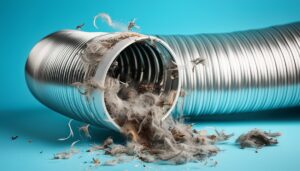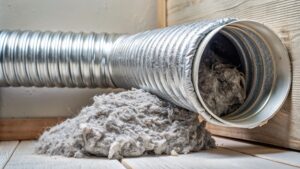Most of us don’t think too much about improving indoor air quality until we notice a suffocating smell, a family member with allergies or respiratory issues, or we see stains on the ceiling.
These are all signs of a problem in your home that is often caused by dirty air and one that needs to be fixed as soon as possible. The four most typical indoor contaminants are smoke, pet dander, mildew, and dust.
The reason for this is that indoor air quality is often neglected in our homes. We just spend a lot of time and money cleaning our floors, rugs, and windows, but we don’t pay enough attention to the air quality in our living spaces.
Cleaning carpets and upholstery with a vacuum that also functions as an air purifier is one step you can take if you are sensitive to indoor pollution. However, having to improve your indoor air quality is not just your house being cleaned.
You need a solution that keep the area clean and safe while enhancing the air quality. When it comes to indoor air solutions, there are many things you can do to have no dirty air in your home and reduce allergens. Here are some easy hacks.
Enhanced Indoor Air Quality Strategies
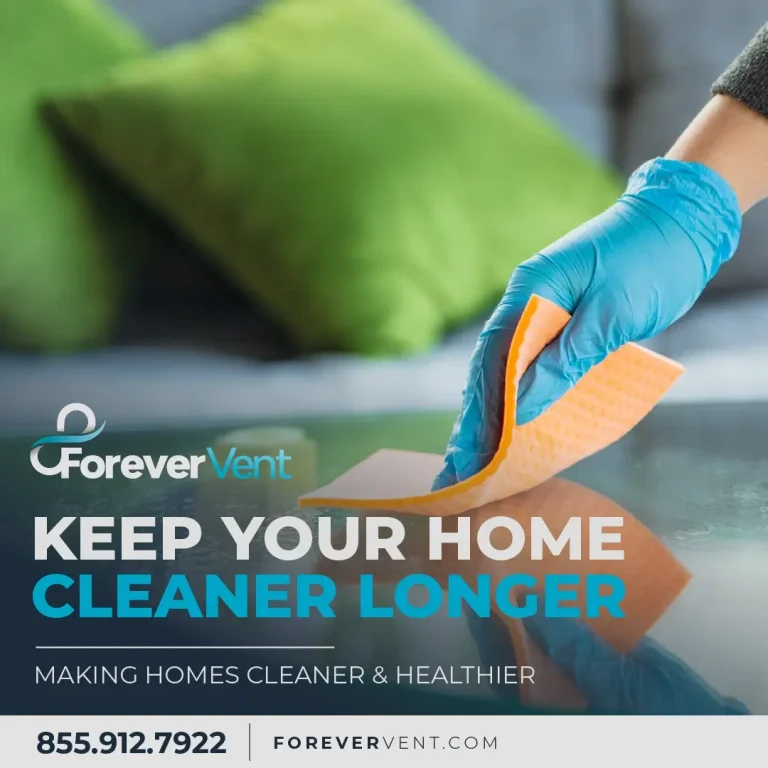
1. Always Change The Air Filters In Your Home Or Office

Air filters are the first line of defense against allergens and other contaminants, but they can’t do their job well if they’re clogged or dirty.
Air filters are designed to remove dust, dirt, and other contaminants from the air so as to keep them from entering your home or office. When you replace your air filters regularly, you help keep your home’s air clean.
Every 6 to 12 months, the air filters needs to be cleaned to improve the quality of the air. However, if you have pets at home it is recommended to have it changed every 3 months. While if you have allergies, it is required to change the ideal air filters once a month.
3. Inspection Of Vacuum Cleaners, Clothes Dryer, And Kitchen Vents
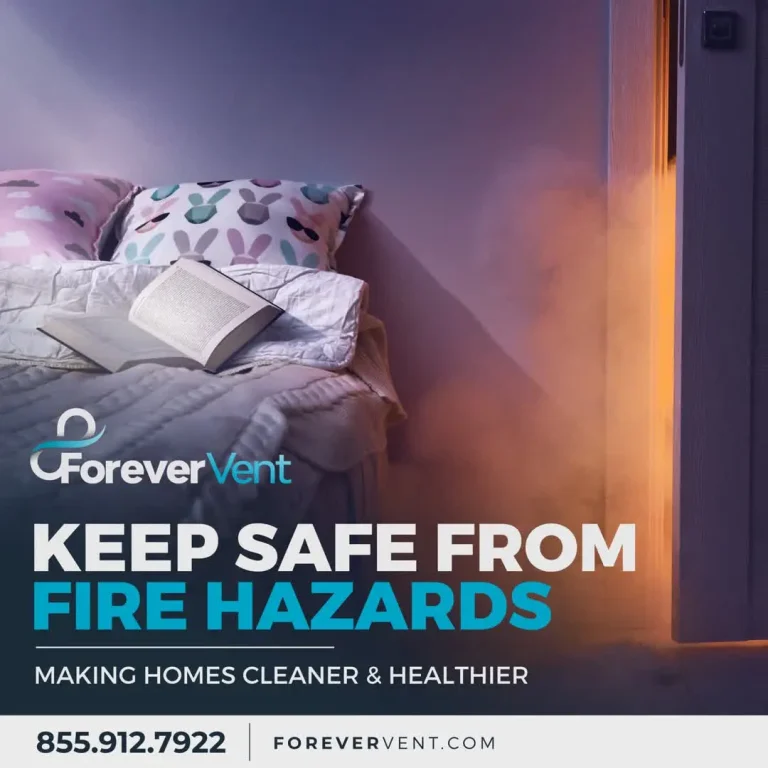
Your vacuum cleaner, clothes dryer, and kitchen vents should all be inspected and maintained periodically to improve your indoor air quality.
Vacuum cleaners are responsible for removing dust and debris from your flooring and furniture. Over time, these particles become trapped in the filter or clog up the hose.
If you don’t clean out these items regularly, you could end up with an ineffective vacuum cleaner that leaves dirt behind on your floors or carpets instead of sucking it up. And same goes why dryer vent cleaning is important.
Most homeowners don’t realize that their dryer’s lint trap is one of the most important parts of their dryer system! Dust can build up inside the machine over time, which can cause clogged dryer vent symptoms and lead to overheating and a fire hazard.
So it’s important to clean out lint traps regularly to help your clothes dryer run more efficiently and most importantly, maintain quality laundry and clean indoor air quality.
Over time, dust can also accumulate within the kitchen vent, obstructing airflow, resulting in smoke damage, as well as respiratory issues like asthma attacks or allergies brought on by exposure to mold spores (which thrive in humid environments).
Maintaining this area’s functionality while protecting your health and home value requires a yearly inspection!
3. Air Ducts Need to be Cleaned
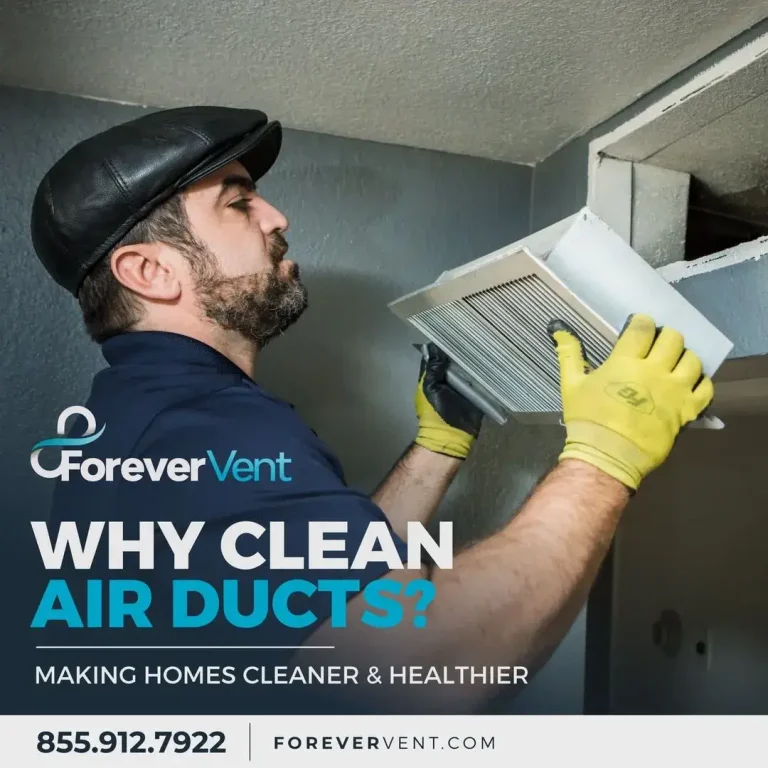
Ducts are a big part of your home’s heating and cooling system. They distribute heated or cooled air throughout your home, but they also collect dust, dirt, and other pollutants that can affect the air quality in your home.
If you have allergies or asthma, filthy air ducts symptoms can make it more difficult for you to breathe properly.
And if you have children in your home who spend a lot of time breathing in the same air as you do, they’re especially at risk of getting sick from poor indoor air quality caused by dirty ducts that need to be cleaned.
The air we breathe in our homes is full of tiny particles that can be harmful to our lungs. These particles are easily inhaled and are associated with respiratory problems.
Duct cleaning reduces the amount of these pollutants that enter your home by removing debris and dust in HVAC system. Duct cleaning is a quick, easy way to make sure quality of indoor air is healthy. It’s not a hard-and-fast solution, but it can make a big difference in the health of your home and family.
4. Opening Windows And Doors For Good Air Quality
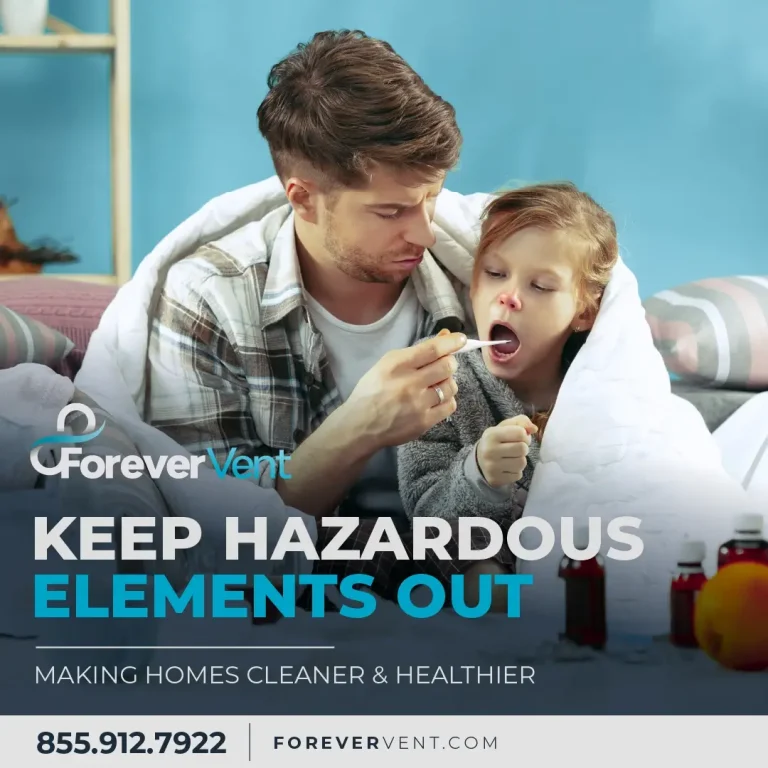
When you’re thinking about the maintenance of no dirty air, consider opening the windows and doors. This will allow fresh air in and improve the air quality of your home. Not only that, but it will also help remove chemicals and hazardous pollutants from inside your home.
Fresh air is essential for good health. In fact, many studies have shown that people who breathe fresh air are less likely to develop asthma or allergies than those who don’t.
5. Lovely Plant Indoors
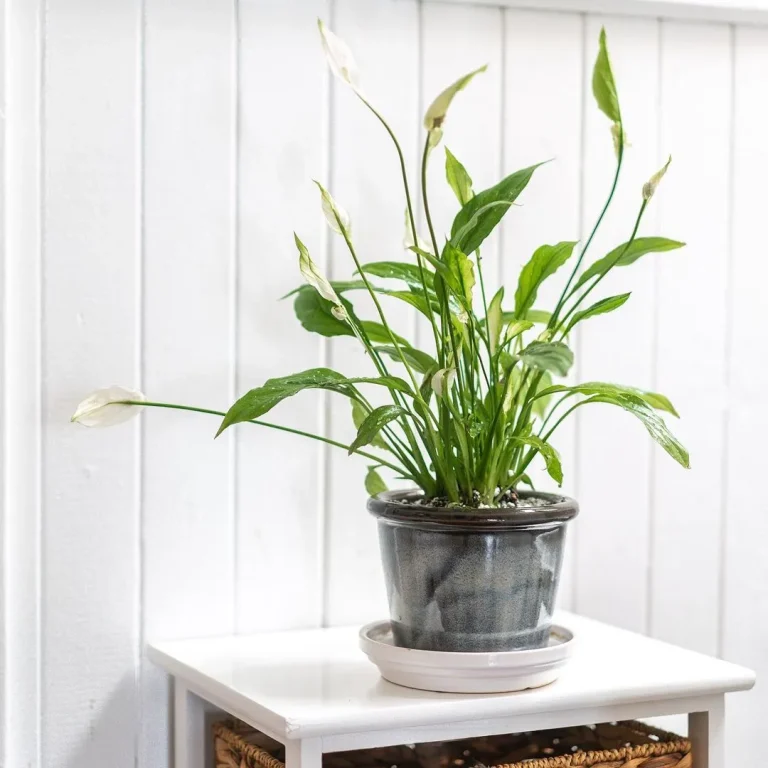
Although there is currently no strong evidence demonstrating their efficacy in removing harmful chemicals, houseplants like ferns and lilies can also help improve indoor air. However, make sure that you do not overwater them as this can stimulate the growth of germs like mold that can trigger allergies.
6. Air Sanitizer And Deodorizer
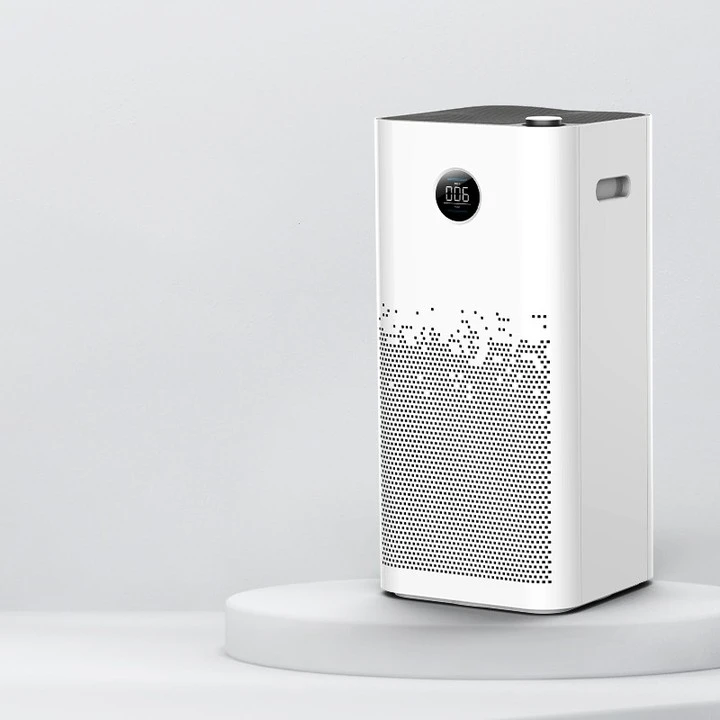
You can also use air purifiers to filter indoor air from viruses and other pathogens that make people sick or trigger allergic reactions. Air Purifiers help reduce airborne diseases, remove harmful radon, and at the same time, neutralizes unpleasant odors.
High-Efficiency Particulate Air (HEPA) technology filters on air purifiers can capture 99.7% of the airborne particulate matter (PM) flowing into your home.
The elimination of these contaminants can have both short-term and long-term positive effects on health, including longer life and improved sleep.
7. Contact Your Indoor Air Quality Technician

If you’re having trouble with your indoor air quality, it’s time to call the pros. Indoor air quality is something that affects all of us, and it’s important to know how to make sure you’re breathing clean air.
The problem is that we don’t always know what causes bad indoor air quality but the good news is that there are simple solutions for improving your Indoor Air Quality (IAQ).
All you have to do is contact an Indoor Air Quality technician, and they’ll be able to help! These technicians will come out and assess your home or office space and find out what might be causing the problem.
They can also recommend solutions for fixing it, so you can breathe easily again in no time at all. Take note that DIY Cleaning and Inspection is not always the solution to any indoor air quality problem.
Conclusion
The importance of indoor air being cleaned should not be taken for granted. It is vital to maintain clean indoor air in your home by keeping the ductwork, furnace, and air filters clean as this will help reduce respiratory diseases as well as allergies.
Hence it will be helpful to get in touch with an IAQ Company that provides quality HVAC services at reasonable prices.
If you follow these tips about indoor air quality blog and go from there, your home will be the cleanest it has ever been, and you will get the benefits of good indoor air quality.
If you think you have bad indoor air quality in your home or office, we urge you to schedule a check up with one of our HVAC Experts. Sometimes even the smallest indoor air quality issue can have big effects on your overall health.
